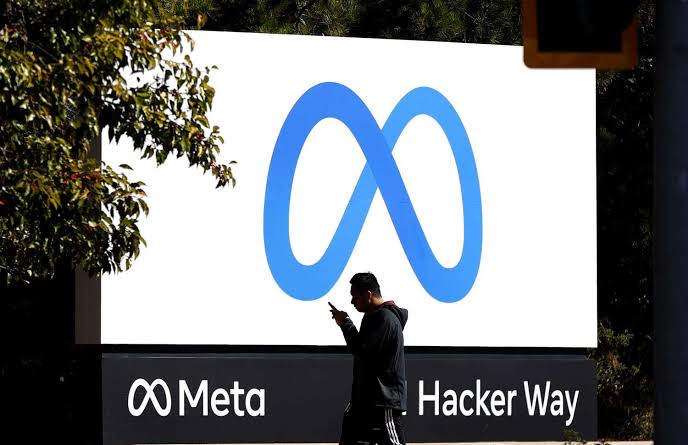
Meta posted a stellar first-quarter performance on Wednesday, easily beating Wall Street expectations and easing investor concerns that its aggressive investments in cloud computing and artificial intelligence might weigh on growth.
The tech giant reported a $16.6 billion profit on $42.3 billion in revenue for the quarter ending March 31, buoyed by resilient advertising spending from businesses. The strong results sent Meta’s shares up more than three percent in after-hours trading.
“We’ve had a strong start to an important year,” said CEO Mark Zuckerberg, highlighting steady user growth and solid business performance. “We’re making good progress on AI glasses and Meta AI, which now has almost one billion monthly actives.”
Meta also debuted its first standalone AI assistant app this week, a direct challenge to ChatGPT. Designed as a personalized AI companion, the app emphasizes voice interactions and integrates a social feed showcasing AI-generated posts from users—reflecting Meta’s social media DNA.
Despite its success, Meta faces ongoing legal and regulatory scrutiny. The company is defending itself in a high-profile U.S. antitrust case that could force it to divest WhatsApp and Instagram. The Federal Trade Commission alleges Meta acquired these platforms to suppress competition—claims Zuckerberg has firmly denied. Meta reported that 3.43 billion people now use its family of apps daily.
Analysts had also been watching how former President Trump’s tariffs might impact ad spending—Meta’s core revenue stream. But for now, fears seem unfounded.
“Meta’s robust earnings show the company’s ad business remains healthy in Q1,” said Minda Smiley, an analyst at Emarketer. “The controversial end of its fact-checking program hasn’t significantly affected advertiser confidence. Still, all eyes are on Q2, given the new economic challenges driven by the tariffs.”
Looking ahead, Meta has outlined an ambitious capital expenditure plan of $64–$72 billion for 2025, focused primarily on infrastructure to support its AI ambitions. Zuckerberg has previously cautioned that building AI at global scale will be costly and could take years to fully realize.
As of the end of the quarter, Meta’s workforce grew to 76,834 employees, up 11% year-over-year.
However, challenges loom. Competition is heating up, particularly from Chinese AI startup DeepSeek, whose low-cost model has caught Meta’s attention. Reports suggest Meta has launched internal “war rooms” to study DeepSeek’s approach and explore potential enhancements to its own Llama AI models.
